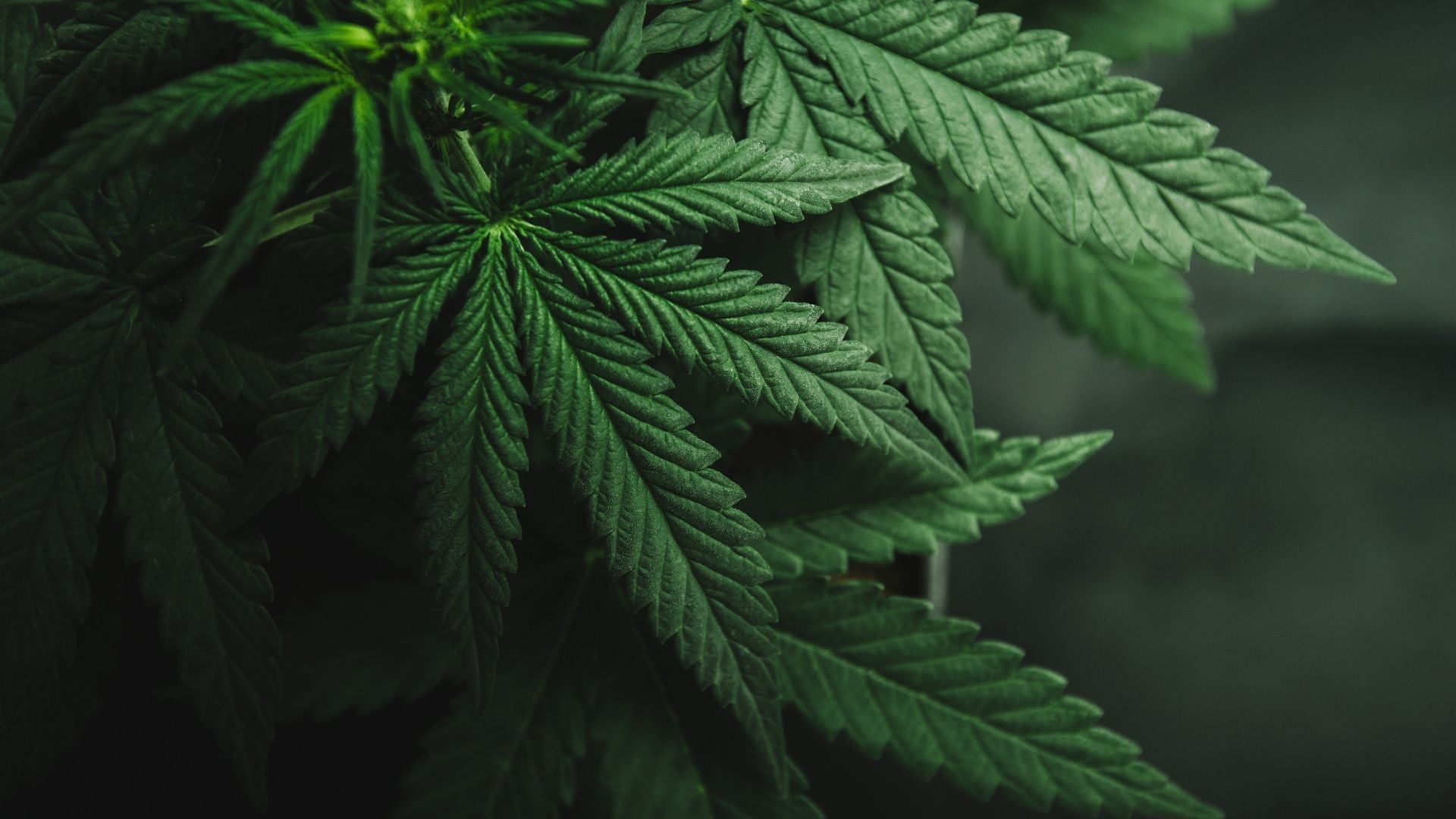
The Difference Between Hemp and CBD in Skincare
There’s no denying that hemp and CBD-based skincare have taken over the skincare world. However, this new surge in popularity has led many to question what exactly the difference is between these two ingredients. While you might be inclined to think they are one and the same, they are actually two distinct skincare products, and they have different effects on your skin. Below, we break down the main differences between hemp seed and CBD oil, explaining the benefits of each and how you can tell them apart in the store.
Origins
Are cannabis and hemp seed different? Yes. Do they come from the same plant? Also, yes. This is where the confusion stems from. Both cannabis, often referred to as marijuana, and hemp are derived from the same plant species, cannabis sativa. Thus, when you read a label that mentions cannabis sativa, it could be referring to either cannabis or hemp seed, which isn’t particularly helpful. So where does that leave us? The difference between hemp seed and CBD oils come downs to which part of the plant the oil is being pressed from. CBD is derived from the flowers and leaves of the plant, while hemp seed oil comes from the seeds. Unsurprisingly, CBD oil contains cannabidiol, while hemp seeds contain no more than trace amounts of cannabidiol. Be sure to look closely at the label to determine whether you’re buying a skincare product that contains CBD, or one that does not contain CBD. Most commonly, if it isn’t listed plainly as hemp seed oil, it will be listed as cannabis sativa seed oil (basically, if you see the word seed, you can pretty much assume it’s CBD-free). Alternatively, CBD oil will usually be listed as cannabidiol, but is also sometimes referred to as CBD isolate, full-spectrum hemp, hemp oil, PCR (phytocannabinoid-rich) or PCR hemp extract (just to make you even more confused).
Benefits
Now that you know what makes hemp seed and CBD oil different, let’s consider their effects on the skin. To be clear, both hemp seed oil and CBD oil have powerful benefits for the skin. However, these benefits differ and so it’s important to know which one you’re buying. First, hemp has been around much longer than CBD in the skincare world. That is because until recently, it was illegal in many countries to sell CBD-related products. Thus, we know a lot more about the effects of hemp seed oil on the skin. For example, hemp is a non-comedogenic, meaning it won’t clog your pores. It also has powerful de-stressing and calming effects on the skin, mainly because of its anti-inflammatory properties. It is also rich in fatty acids, including omega-3 and omega-6 fatty acids, which makes it ultra moisturizing and nourishing on the skin. Overall, hemp seed oil is known for its ability to soften and condition the skin, as well as reduce redness and fight acne.
In contrast, CBD oil is ideal for pain and inflammation. Like hemp seed oil, it is also a powerful anti-inflammatory, which makes it effective at minimizing pain and inflammation, as well as fighting skin conditions like psoriasis, eczema, and dermatitis. In addition to its skincare benefits, the topical application of CBD oil may also have several therapeutic benefits, such as reducing stress, anxiety, and other symptoms of depression. It’s also worth noting that CBD oil is generally more expensive than hemp seed oil owing to the complex extraction process that it demands.
Overall, while CBD oil and hemp seed oil are derived from the same plant, they have different skincare benefits. The effects of hemp seed oil are well known within the skincare community, which make it a popular ingredient for the treatment of acne, redness, and dry skin.



